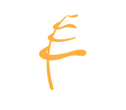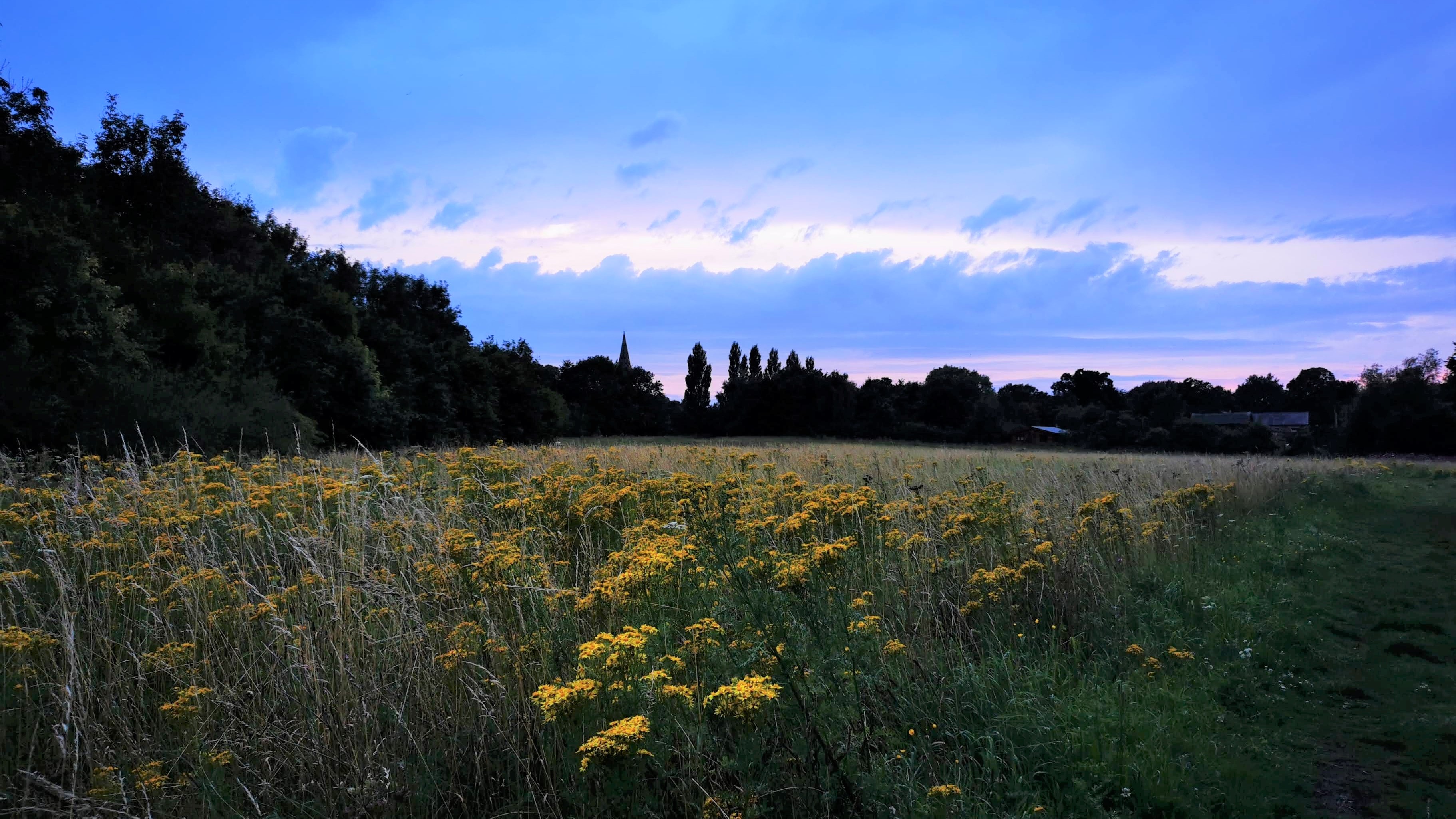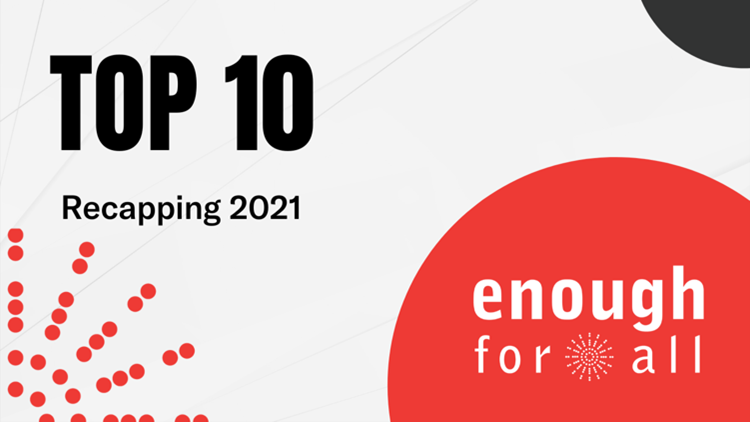.png?width=811&height=1254&name=MicrosoftTeams-image%20(14).png)
Accompanying First Nations communities is a continuous learning process which requires us to question and revisit our approaches and perspectives.
As our Learning Centre Team continues our journey as an ally, we are discovering that Indigenous Ways of Knowing emphasize storytelling and visual learning and we are seeing first-hand the strength of the culture and tradition of working together as a community to care for one another.
We are also developing knowledge and applying an Indigenous lens, particularly in the evaluation practice area, where the team benefited from training in Indigenous evaluation framework design with Johnston Research.
Supporting Matriarchs of Chippewas of the Thames First Nation
This learning was put into practice when Deshkan Ziibing from Chippewas of the Thames First Nation asked Tamarack to support them in guiding a participatory evaluation process for Nii Kiniganaa, a legislative committee of 23 Matriarchs.
Participatory evaluation is the practice of involving people – like beneficiaries and partners – in the process of understanding outcomes and impacts, rather than evaluation being done by someone outside the project. Their project “Our Ancestors’ Wisdom” uses Indigenous ways of connecting with family systems and the seasonal rhythm to guide the process of creating the Child Wellbeing Law for the Nation.
Tamarack accompanied the Matriarchs in an in-depth reflection around the anticipated changes that might occur through the legislative process. They named outputs, outcomes, and impacts of the collaborative process; community awareness on the well-being of children; and what the law is responsible for transforming with regards to community healing. They then identified how they would collect the data using seasonal rhythms and moments of significance for the community.
Build Trust-Based Relationships Through Listening
Tamarack has continued to work alongside the Sewall Foundation in their work to build trust-based relationships, equity, and sustainable social change in Maine. Through the Wabanaki Communities and Tribal Governments focus area, Sewall seeks to be a good partner to Wabanaki-led community organizations and tribal governments by listening, reflecting, sharing back what was heard, and using this to center and guide all work.
Together, the team met with and listened to more than 35 Wabanaki community members, representing 15 Wabanaki-led and Wabanaki-serving organizations through individual and small group sessions. The listening team used an emergent approach (Sewall’s Emergent Approach and Adrienne Maree Brown, Emergent Strategy) informed by Indigenous research methodologies (e.g., Kathleen E. Absolon, Kaandossiwin).
In early 2022, key themes were captured in a listening blanket made up of large and small blanket pieces, and ‘warp’ threads that weave together family relationships, community initiatives, and common futures.
Sewall shared the reflection that learning is only possible when we listen wholeheartedly and open ourselves to different ways of seeing, working, and being.
Through this and other work, the Tamarack team have started to discuss how decolonization as a framework can be integrated into our practices, that often favour the written word, the English language, and are rooted in urgency culture.





